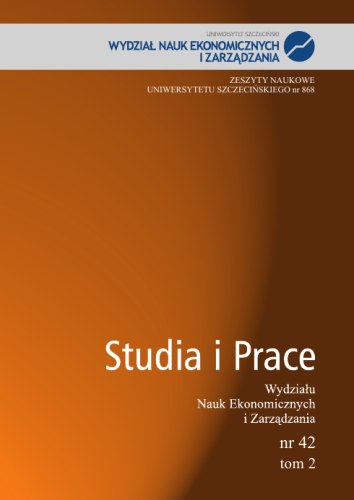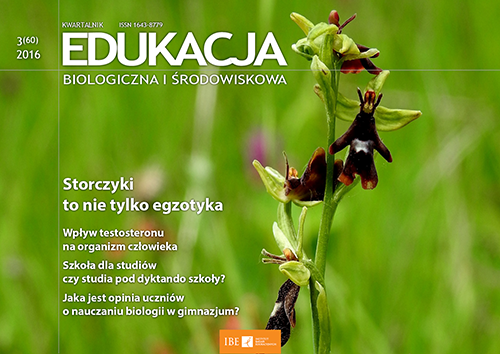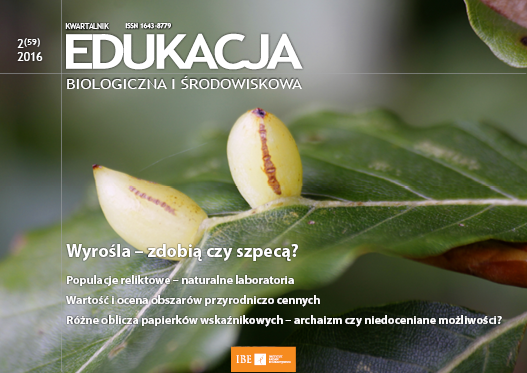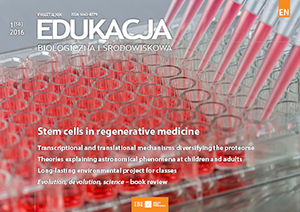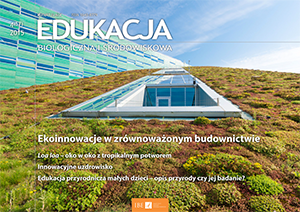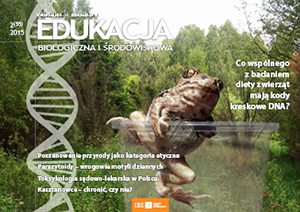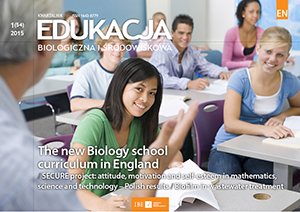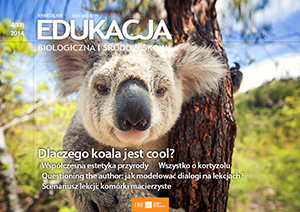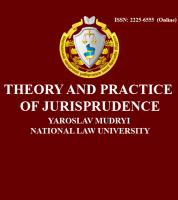
Правові проблеми управління у сфері функціонування та розвитку біосферних заповідників України
Problem Setting. The implementation of biosphere reserves such tasks as: conservation of biological and landscape diversity, realization of the background ecological monitoring, studying of the natural environment, its changes under the influence of anthropogenic factors is possible only under condition of existence in the state a coherent, clearly defined control mechanism in the sphere of functioning and development of biosphere reserves. Effective public management in the conditions of free access of the public, research institutions and other subjects of management activity in this area is the key to preserving in natural state the most typical natural complexes of the biosphere, a harmonious combination of rational use of natural resources with their protection and reproduction.The actuality of the topic. The modern state of governance in the operation and development of biosphere reserves is studied in the article and the urgent need to further improve governance in this area is justified.It is established that a feature of administration in the sphere of functioning and development of biosphere reserves is in the fact that the subject structure of these relations is very diverse, as some of the players have managerial authority, although according to the law and their nature do not have authority regarding the implementation of regulatory impact. Therefore, it was proposed to classify management subjects in the field of functioning and development of biosphere reserves on the subjects of public administration and non-state control. In turn, the subjects of public administration should be attributed to entities of the general state administration in this area, for example, Ministry of Ecology and Natural Resources of Ukraine, and subjects of special public management, for example, the State environmental inspectorate of Ukraine. Non-state administration control there is a special administration of biosphere reserves and public inspectors.The purpose of the article. Despite the lack of specialized body of management of protected matter, proposed to create a single special authorized and isolated organ with clearly defined competence in the management of the NRF. In addition, it is proposed to improve the mechanism of state management by creating the appropriate territorial bodies, subordinate to the specified central body of executive power in the field of nature conservation to ensure implementation of state policy in the sphere of management of protected matter on places.Conclusions. The attention is focused on the need for the newly formed authority subordinate biosphere reserves, to resolve the inconsistencies between the different public authorities, enterprises, institutions, organizations in the formation and implementation of the strategy and development plans biosphere reserves. There was justified the opinion on improving the system of state management in the sphere of protection of biosphere reserves by the department of public service of protection of the NRF in an independent unit under the State environmental inspectorate of Ukraine, which is under the Ministry of ecology and natural resources of Ukraine.
More...
